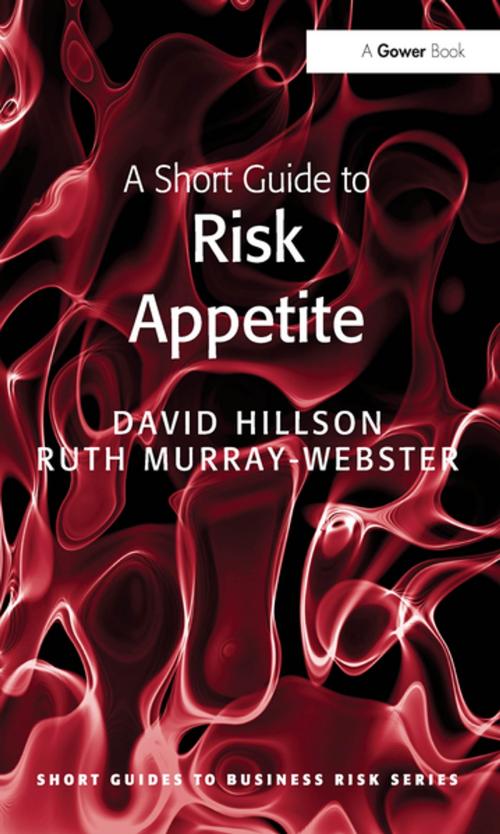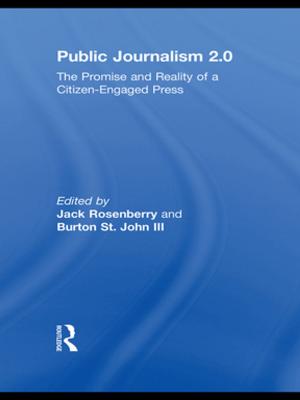| Author: | David Hillson, Ruth Murray-Webster | ISBN: | 9781351961547 |
| Publisher: | Taylor and Francis | Publication: | March 2, 2017 |
| Imprint: | Routledge | Language: | English |
| Author: | David Hillson, Ruth Murray-Webster |
| ISBN: | 9781351961547 |
| Publisher: | Taylor and Francis |
| Publication: | March 2, 2017 |
| Imprint: | Routledge |
| Language: | English |
How much risk should we take? A Short Guide to Risk Appetite sets out to help all those who need to decide how much risk can be taken in a particular risky and important situation. David Hillson and Ruth Murray-Webster introduce the RARA Model to explain the complementary and central roles of Risk Appetite and Risk Attitude, and along the way they show how other risk-related concepts fit in. Risk thresholds are the external expression of inherent risk appetite, and the challenge is how to set the right thresholds. By progressively deconstructing the RARA Model, the authors show that the essential control step is our ability to choose an appropriate risk attitude. The book contains practical guidance to setting risk thresholds that take proper account of the influences of organisational risk culture and the individual risk preferences of key stakeholders. Alongside this, individuals and organisations need to choose the risk attitude that will optimise their chances of achieving the desired objectives.
How much risk should we take? A Short Guide to Risk Appetite sets out to help all those who need to decide how much risk can be taken in a particular risky and important situation. David Hillson and Ruth Murray-Webster introduce the RARA Model to explain the complementary and central roles of Risk Appetite and Risk Attitude, and along the way they show how other risk-related concepts fit in. Risk thresholds are the external expression of inherent risk appetite, and the challenge is how to set the right thresholds. By progressively deconstructing the RARA Model, the authors show that the essential control step is our ability to choose an appropriate risk attitude. The book contains practical guidance to setting risk thresholds that take proper account of the influences of organisational risk culture and the individual risk preferences of key stakeholders. Alongside this, individuals and organisations need to choose the risk attitude that will optimise their chances of achieving the desired objectives.















